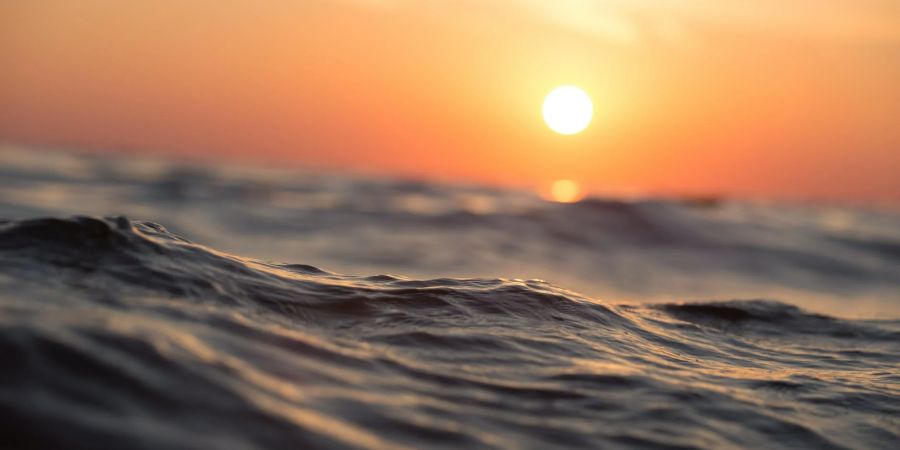

Literally, as our oceans accelerate upwards, they wreak havoc on our coastlines, threatening many millions across the globe. Now some scientists fear that ice sheets could collapse much faster than what used to be our worst case scenarios. It's not a question of if they will rise, it's question of how much and when?
So why might the world's ice be so unstable, what can we do to protect ourselves, and could we potentially even hold back the world immense ice? It's without doubt the hardest civil engineering job that humanity will have ever done. So could this actually work?
Sea level rice can be caused by mountain glacier melting and the expansion of ocean water as it heats up. But this is what we should be most afraid of: Ice Sheets. These vast bodies of ice, located in Antarctica and Greenland, contain 99% of all the freshwater ice on Earth. And since this ice sits on land, when it flows into the ocean, it raises sea levels. And if the ice sheets melted entirely, that would raise our oceans by over 60 m.
Worldwide half of our population lives near coast, so this is really significant thing. So far ice sheets have only contributed modestly to see level rice but that could change very quickly. The ice sheets are on land, but the problem happens when the ice sheets ends underwater. The shape of the sea bed that the ice sits on is crucial.
If the ice rests on the top of a hill, that can help hold it in place. But if warming cause the ice to retreat to a point where bedrock slopes back, that can be a big problem.
The different drivers of sea level rise would keep raising oceans for centuries- even once we stop the world heating up. The seas would keep rising because it takes the world's dense ocean and ice a long time to absorb the heat and react to this hotter atmosphere. And the consequences of even 1 m of sea level rise by the end of the century would be a massive.
Coastal erosion could eliminated smaller Island states, and devastating low lying countries like Bangladesh or cities like Miami. And these problems are multiplied when the sea rice during storms- known as storm surges. On top of all thi,s rising seas could actually reduce our access to fresh water, as rising salt water contaminates groundwater supplies.


